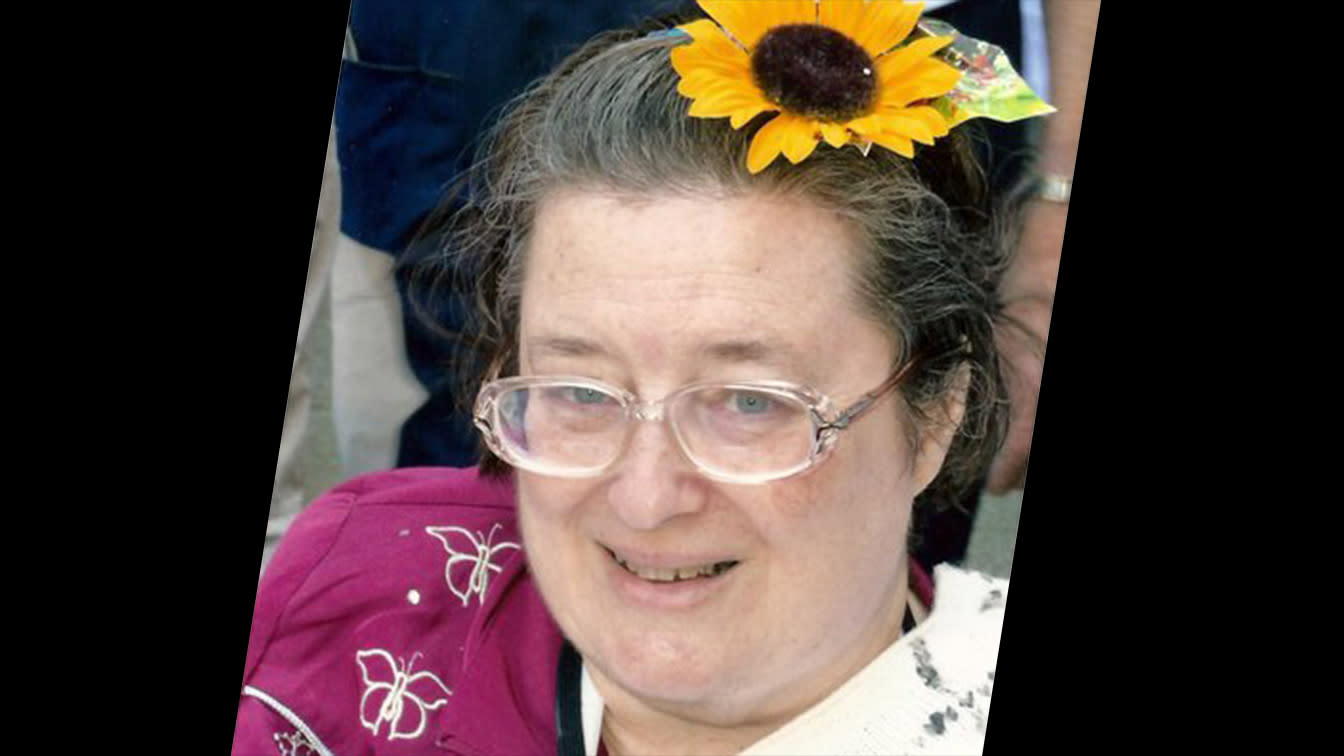HORROR OF AMERICA'S FOR PROFIT NURSING CARE
IN THE AGE OF CORONAVIRUS
Neil Vigdor, The New York Times•April 10, 2020

'How Do I Get Help?' Dying Coronavirus Patient Asked AlexaMore
They lived about 20 minutes apart in Michigan, but when a cousin gave the sisters Lou Ann Dagen and Penny Dagen each an Amazon Echo Show last year to make video calls, they would keep each other company for hours on end.
The virtual assistant Alexa connected them during meals and discussions about what was on television.
“I think she just wanted to know that I was there,” Penny Dagen, 74, said of her sister, who lived in a nursing home.
And when Lou Ann Dagen, 66, became gravely ill with COVID-19, the illness caused by the coronavirus, she turned once again to Alexa, Penny Dagen said in an interview Thursday.
Penny Dagen discovered voice recordings of her sister pleading with Alexa to intervene as her health worsened. She said she found the recordings Monday, two days after Lou Ann Dagen died of complications from the virus.
“‘How do I get help?’” her sister asked in the recording. “‘How do I get to the police?’”
Lou Ann Dagen was one of six residents of the nursing home, Metron of Cedar Springs, who died after being stricken with the virus, a spokesman for the center confirmed. Thirty-one residents and five staff members at the nursing home, which is about 20 miles north of Grand Rapids, Michigan, have tested positive for the virus, according to the nursing home.
“I was surprised how much she had cried for help on there,” Penny Dagen said. “She was hurting so bad.”
Dagen said she and her sister were aware of the limitations of Alexa, the ubiquitous voice-activated assistant.
“It won’t call 911,” she said. “Alexa won’t do that.”
Amazon officials noted that smart devices like the Echo Show are not meant as a replacement for life safety services and are unable to contact emergency services.
“We were saddened to hear about this news, and our hearts go out to the family,” a company spokeswoman said Thursday night in a statement. “Today, customers can ask Alexa to call family or friends, or set up skills like Ask My Buddy, which lets you alert someone in your Personal Alert Network that you need them to check on you. We continue to build more features to help our customers.”
Dagen said that her sister had diabetes and high blood pressure, which also contributed to her death. She lived at the nursing home for about 10 years after having two strokes that caused paralysis on the left side of her body, Dagen added. Her oxygen levels plummeted because of the virus, which she contracted several weeks ago, said Dagen, who lives in Sparta, Michigan.
“It was like she couldn’t breathe,” she said of her sister, who died at Mercy Health St. Mary’s in Grand Rapids on Saturday, shortly after being hospitalized.
A nursing home executive said that the center took appropriate action and that Lou Ann Dagen’s condition deteriorated rapidly.
“We can share that Lou Ann was getting excellent care and that our team was following both her advanced directives and clinical practice guidelines to manage her pain and symptoms,” Paul Pruitt, the nursing home’s director of operations, said in a statement. “Once those symptoms progressed rapidly, and at the advice of her medical team, she was immediately sent to the hospital.”
Pruitt said the nursing home encouraged the sisters’ regular video calls.
“Alexa was Lou Ann’s primary communication tool with her sister, who was unable to get to our facility,” he said. “It was a very positive part of her life, which we supported fully.”
Penny Dagen described her sister, who never married, as multitalented, and said that she played the organ, piano and guitar. She also sang and was an artist who wrote a children’s book, Dagen said.
The last time she spoke with her sister was on a video call Saturday morning before she went to the hospital, Dagen said. She added that she had the recordings of her sister asking Alexa for help on her iPad, but that she did not plan on keeping them.
“I don’t want to keep that memory of her,” she said. “I just wish they could have taken the pain away. She isn’t in any pain any more.”
This article originally appeared in The New York Times.
© 2020 The New York Times Company
No comments:
Post a Comment